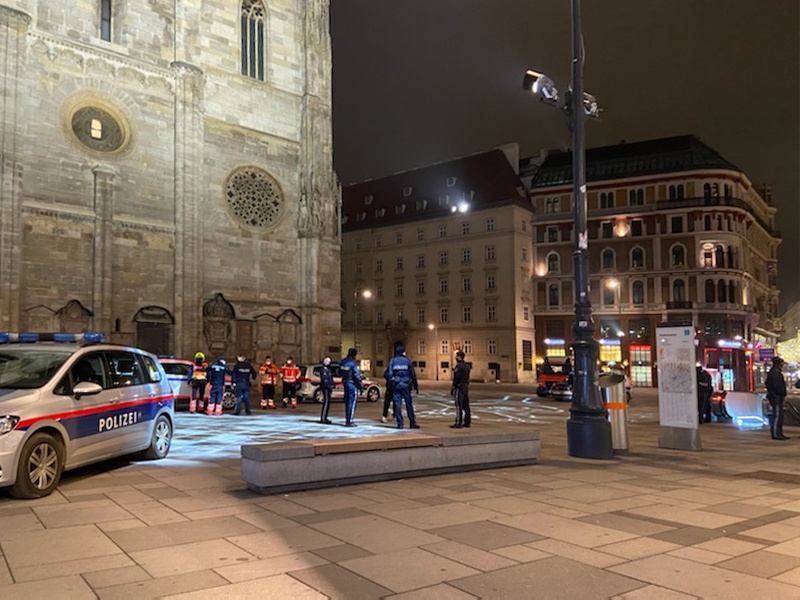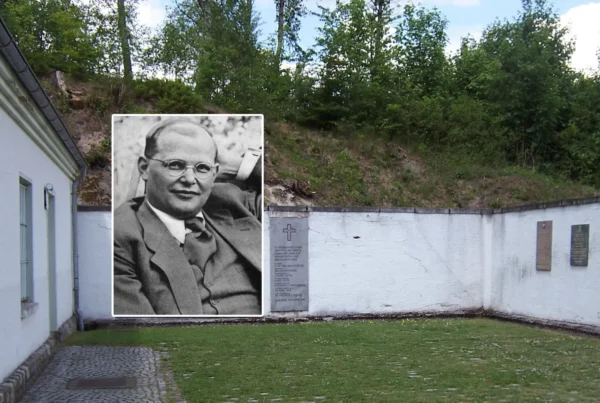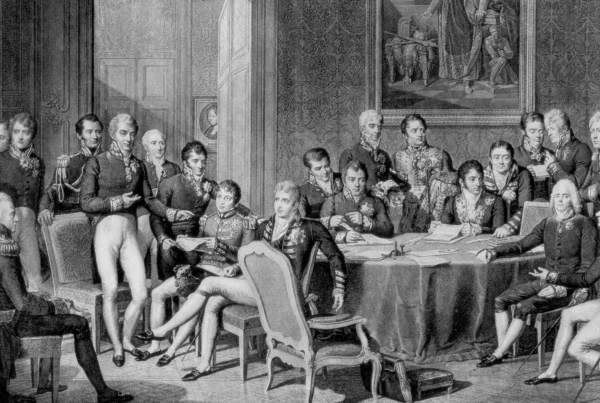Anti-COVID demonstrators have taken to the streets of Vienna despite these gatherings being banned by the Vienna police, politicians such as Herbert Kickl are instrumentalizing these gatherings to garner support for the Freedom Party. The Austrian government, opposition leaders and the catholic church have criticized these demonstrations. The right of assembly can and should not be misused to break laws and endanger the public.
By Diana Mautner Markhof 04.02.2021
Resistance to COVID-19 lockdown measures is growing in many countries. People are demonstrating in California, Amsterdam, Brussels, Paris and Vienna, to name a few. The German word of the year 2017, “Wutbürger,” characterizes the anti-lockdown protesters. The Duden dictionary defines Wutbürger (transl. enraged citizen) as, “Citizens protesting and demonstrating very violently in public out of disappointment with certain political decisions.” These COVID-19 skeptics/deniers and anti-vaxxers are gaining support globally. The latest show of force in Austria took place on Jan. 31, 2021, at what was labeled a “walk” in Vienna’s inner city. Thousands of participants of this walk circumvented the demonstration ban issued by the Vienna police by “coincidentally” taking a walk at the same place and time.
This gathering was the latest in a wave of demonstrations of this nature in Austria, the largest of which took place on January 16, where over 10,000 people were mobilized. Political groups such as the Austrian Freedom Party (FPÖ) are trying to capture this segment of disgruntled voters by supporting these protesters, who mostly disregard the government’s anti-COVID-19 rules. At these protests, masks are absent, the required two meters distance between people is not kept and the restrictions on large gatherings of unrelated people are ignored. Over 2000 demonstrators are facing legal consequences ranging from administrative penalties to criminal charges; 11 have been arrested.
Radical groups and activists on the left and right, hooligans, neo-Nazis, and conspiracy theorists are infiltrating and misusing these demonstrations for their own purposes. Groups including the “Querdenker” (transl. lateral thinkers: a self-proclaimed non-partisan group of COVID deniers), the “Identitären” (an Austrian far-right nationalist organization), QAnon believers, artists and misguided religious fringe groups like “Hallelujah TV” joined the march, which also included regular families unhappy with the lockdown measures. Unscrupulous individuals even organized bus tours for people to be brought to the demonstrations and cashed in on these demonstrations.
Their irresponsible behavior has threatened the life and health of other citizens. COVID-19 and its more dangerous mutations such as B117 could run rampant during these huge gatherings. The dilemma facing federal and local governments, as well as the police force, is how to balance the right of assembly against the right to human life, health and security – which right should take precedence? Both are guaranteed under the Austrian constitution, as they are in other western liberal democracies. The Austrian courts have not made rulings on this question, but administrative and executive branches are required to rule whether to approve such demonstrations and what to do if such demonstrations take place illegally.
The Vienna police force has come under criticism for their inactivity and passivity during the demonstrations: standing on the sidelines and filing charges instead of breaking up the demonstration. The attempt to ban the demonstrations on January 31 did not achieve the desired outcome, as the demonstrators took to the street anyway. This inactivity stands in contrast to the reaction of the police in Amsterdam, where violent clashes with the Dutch police force have been in the headlines for many days.
Austria’s government, the remaining opposition parties and the Catholic Church have criticized the demonstrations. The police have justified their passivity at the demonstrations to avoid headlines about police brutality and to protect the protesters. The Austrian Minister of the Interior, Karl Nehammer, has sharply criticized Herbert Kickl, leader of the FPÖ, and called for the resignation of four FPÖ parliamentarians because they participated in the illegal demonstration. Herbert Kickl took his grievances to the Austrian National Assembly to protest the ban on anti-corona protests.
Politicians such as Kickl have incited the public through their Facebook accounts. His actions have endangered lives by spreading fake news on vaccines and denying the dangers of COVID-19. The Center for Countering Digital Hate has sharply criticized social media platforms for allowing anti-vaccine movements to publish fake news and remain active. On Facebook alone, anti-vaxxer platforms have more than 31 million followers, on YouTube, these platforms have a total of 17 million subscribers and many more viewers.
In an age where misinformation is so easily disseminated, government and local authorities should counter this with massive information campaigns to inform the misinformed and manipulated public. Successful information campaigns have been launched in Austria regarding the acceptance of the vaccine. Whereas only 17% of the population were surely going to get the vaccine in mid-December 2020, a similar survey in mid-January 2021 showed an increase to a 47% acceptance rate.
The dilemma of human rights vs. human life must be resolved. Criminal behavior is a valid reason to tip the legal proportionality assessment (Verhältnismässigkeitsprüfung) in favor of the protection of the right to good health and life. The right of assembly can and should not be misused to break laws and endanger the public. Critics are accusing the police of not protecting the general public’s right to health and life by not breaking up the demonstration. Politicians, the opposition parties and the media should counter the misinformation which is being spread by unscrupulous individuals and organizations. Protecting lives should be the top priority during a worldwide pandemic.





